Even if you surrender ،he will go his way no doubt it۔
I Refuse to Give My Son His Father’s Inheritance—He Needs to Be on His Own Now
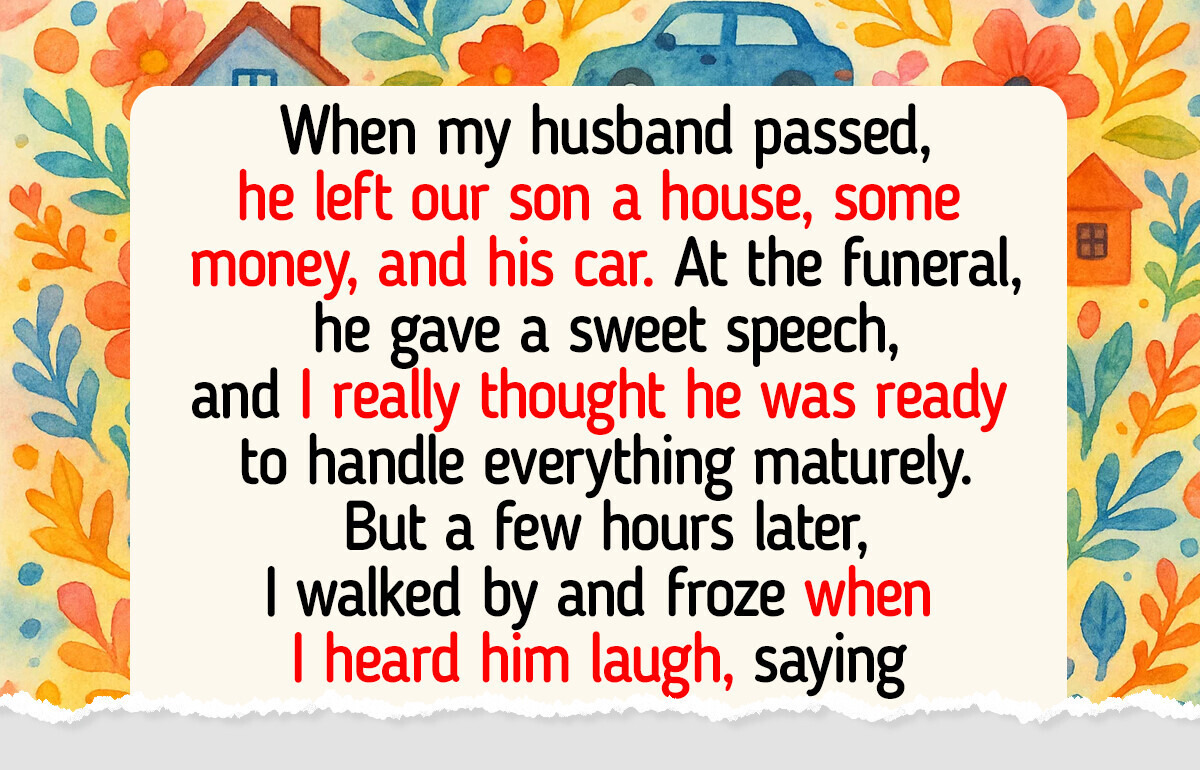
Every parent hopes to raise their child right: with kindness, truth, and heart. But when tragedy left this mother and her son on their own, what she later discovered would shatter everything she believed.
Dear Bright Side,
When my husband passed away, he left our son, Ethan, a house, some savings, and his Mustang. At the funeral, my son gave a touching speech, and I thought he was ready to handle the inheritance. But I was shocked when I walked past the corner and heard him laugh, saying, “I’ll get the car now.”
I was devastated. That night, I told our lawyer the inheritance stays locked until he proves he deserves it. Ethan called me controlling, said I was “stealing his future,” and left to stay with a friend. He’s turning 18 next week and is already threatening to take me to court.
I keep wondering where I went wrong. I tried to raise him with values, not entitlement. But now every call turns into a fight, he says, I’m punishing him for grieving differently, that his dad wanted him to have the car “no strings attached.” Maybe he’s right, maybe I’m too harsh.
Still, something in me can’t hand over that Mustang to a boy who treats it like a prize instead of a memory. I’m torn between protecting what his father built and letting him make his own mistakes. I don’t know what to do anymore—should I stand my ground or give in before we lose each other completely?
— Olivia
We’re so sorry you’re going through this difficult situation with your son. The path between parents and children can be painful and confusing at times, but don’t lose hope; relationships can heal, even after harsh words. We’ve gathered some suggestions that might help you navigate this and rebuild trust step by step.
- Stop arguing over the car for now. Take the tension off the object and focus on the relationship. Make it clear you’re not trying to punish him; you’re protecting his father’s legacy.
- Write him a heartfelt letter. Sometimes emotions land better on paper. Tell him what his father meant to you, what the car represents, and that your concern comes from love, not control.
- Set up a meeting with a family therapist. Even one or two sessions can help translate the anger into something both of you can understand and manage.

Your son is a spoiled brat! I hope he enjoys his car (that will eventually be no good) cuz he now has a car but no father. So for him hope it was worth it. He will regret it later...
- Ask the lawyer for a calm mediation. Instead of fighting in court, suggest a neutral setting where he can feel heard; it might defuse the “you’re stealing my future” narrative.
- Acknowledge his grief. Say out loud: “You lost your dad, too. Maybe I forgot how much that hurts.” That single sentence can change the tone.
- Give him a small step of responsibility. Maybe he can help maintain the car, cleaning it and learning how to care for it. It shows trust without total handover.
- Talk about his father’s values, not just his assets. Share stories that remind him what kind of man his dad was, what mattered to him, and how that’s worth more than the Mustang.
- Keep contact simple and gentle. Send a short text now and then: “Hope you’re okay,” “Thinking of you.” No lectures. Just presence.
- Avoid financial ultimatums. Instead of saying “You won’t get anything,” say “These things will come when you’re ready, let’s get there together.”
- Involve a mentor he respects. Perhaps a coach, teacher, or uncle who can speak to him directly about maturity, finances, and trust.
- Plan a gesture of reconciliation. When emotions have cooled, invite him to come and visit the car together. Maybe wash it, sit inside, and share a memory of his father, not to hand it over, but to remind him what it means.
Families break hardest over what’s left behind. Not the money, but the meaning. This isn’t just about a car; it’s about love tangled up with loss. Healing starts when both stop fighting over what’s “owed” and start remembering what mattered. If this story resonated with you, you might also want to read this other one.
Comments
I think you should have a serious conversation with you son and tell him about how you feel. Your relationship with your son is very important, so you shouldn't let that whatever happens affect it. Kids can be immature in that age, he will change. But relationships are difficult to recover.
Related Reads
I Refuse to Give My Retirement Savings to My Adult Son—I’m Not Responsible for His Failures
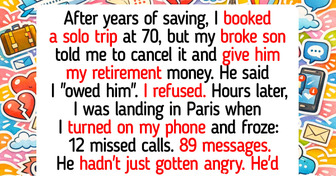
14 Stories That Prove Living With Kids Is Basically a 24/7 Comedy Show
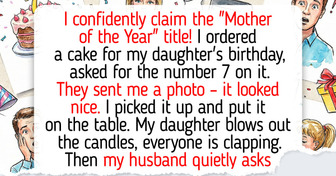
I Refuse to Let My Stepson Disrespect Me, His Arrogance Cost Him Big
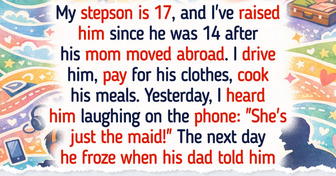
12 Small Acts of Kindness That Quietly Changed Lives
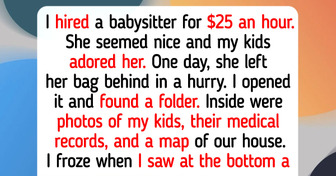
15 Workplace Stories Where Kindness and Compassion Lit Up the Entire Room
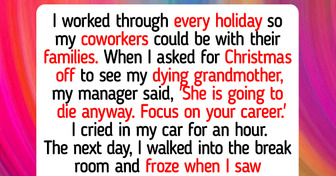
10 Moments That Prove Kindness Wins Without Raising Its Voice

11 Stories of Stepparents Who Chose Kindness Through Tough Times
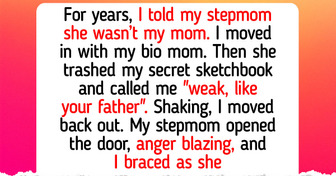
I Refused to Clean Up My Boss’s Mess—I’m Not His Housekeeper
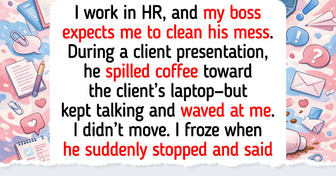
I Revealed My Salary to a Coworker—Now HR Canceled My Promotion
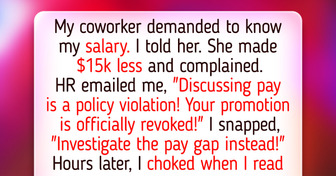
I Refused to Turn Our Romantic Trip Into a Family Vacation and Faced the Consequence
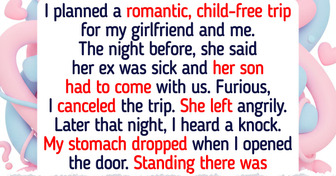
12 Times Blended Families Learned That Love Doesn’t Need DNA

16 Times Roommate Situations Took an Unexpected Turn




